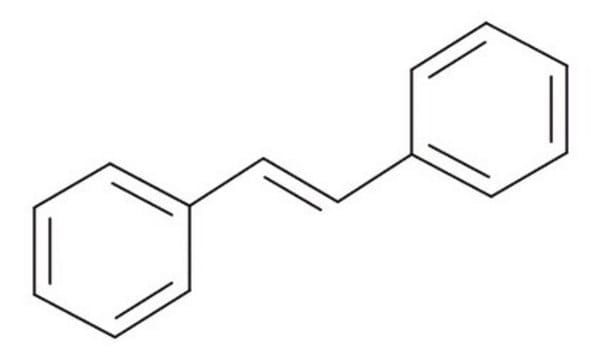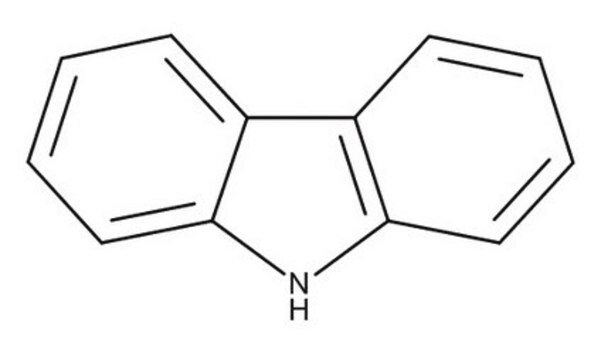8.01949
N-Bromosuccinimide
for peptide synthesis
Sinónimos:
N-Bromosuccinimide, NBS
About This Item
Productos recomendados
product name
N-Bromosuccinimide, for synthesis
vapor pressure
14.8 hPa ( 20 °C)
Quality Level
form
powder
potency
>2000 mg/kg LD50, oral (Rat)
reaction suitability
reagent type: oxidant
mp
174-179 °C
solubility
14.8 g/L (decomposition)
density
2.1 g/cm3 at 20 °C
bulk density
750 kg/m3
storage temp.
2-8°C
InChI
1S/C4H4BrNO2/c5-6-3(7)1-2-4(6)8/h1-2H2
InChI key
PCLIMKBDDGJMGD-UHFFFAOYSA-N
Categorías relacionadas
Application
- Mechanistic study on iodine-catalyzed aromatic bromination of aryl ethers by N-bromosuccinimide: This study explores the roles of NBS in organic synthesis, particularly in radical and electrophilic substitutions (Pramanick et al., 2017).
- One‐Pot Protocol for the Synthesis of Imidazoles and Quinoxalines using N‐Bromosuccinimide: This paper reports a green, efficient synthesis of heterocycles mediated by NBS (Pardeshi et al., 2017).
- N-Bromosuccinimide as an Interfacial Alleviator for Br/I Exchange in Perovskite for Solar Cell Fabrication: This research demonstrates the use of NBS in improving the crystallization and defect passivation in perovskite solar cells (Pegu et al., 2021).
- N‐Bromosuccinimide‐Mediated Radical Cyclization of 3‐Arylallyl Azides: Synthesis of 3‐Substituted Quinolines: Discusses the application of NBS under visible light irradiation to synthesize quinolines (Wang et al., 2015).
- N-Bromosuccinimide mediated synthesis of triazatruxenes from indoles: This study highlights the cyclotrimerization of indoles using NBS, demonstrating its utility as a reagent in complex organic transformations (Toworakajohnkun et al., 2017).
Analysis Note
Identity (IR): passes test
signalword
Warning
Hazard Classifications
Aquatic Acute 1 - Eye Irrit. 2 - Met. Corr. 1 - Muta. 2 - Ox. Sol. 3 - Skin Irrit. 2 - Skin Sens. 1B
Storage Class
5.1B - Oxidizing hazardous materials
wgk_germany
WGK 3
flash_point_f
Not applicable
flash_point_c
Not applicable
Certificados de análisis (COA)
Busque Certificados de análisis (COA) introduciendo el número de lote del producto. Los números de lote se encuentran en la etiqueta del producto después de las palabras «Lot» o «Batch»
¿Ya tiene este producto?
Encuentre la documentación para los productos que ha comprado recientemente en la Biblioteca de documentos.
Los clientes también vieron
Nuestro equipo de científicos tiene experiencia en todas las áreas de investigación: Ciencias de la vida, Ciencia de los materiales, Síntesis química, Cromatografía, Analítica y muchas otras.
Póngase en contacto con el Servicio técnico















